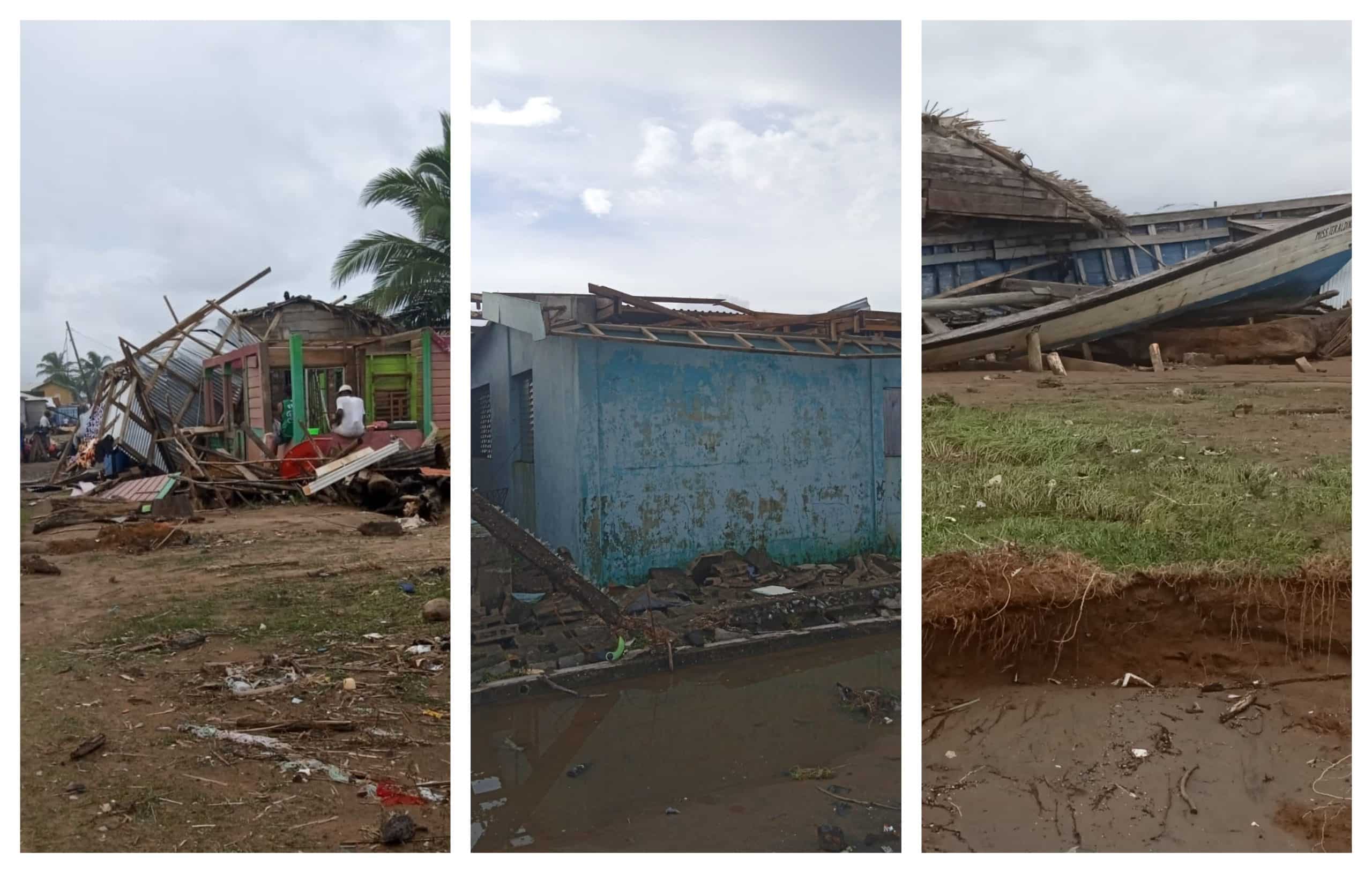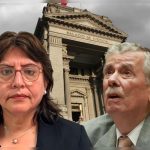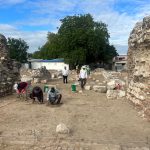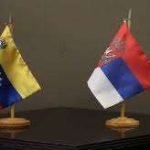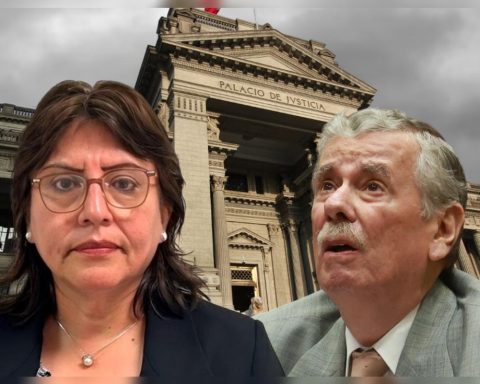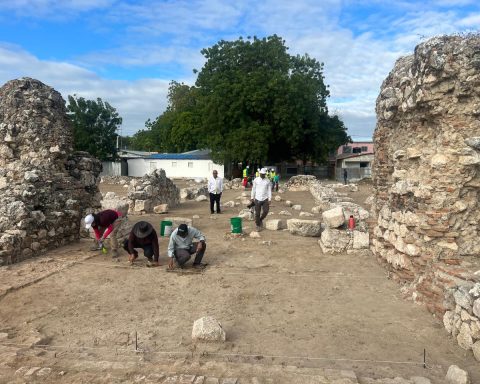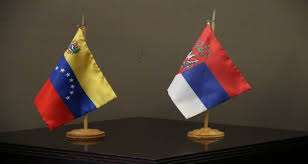Three days after the impact of Hurricane Julia in Nicaragua, some communities in the southern Caribbean coastal area of the country still have no support from government authorities. CONFIDENTIAL managed to contact citizens of Laguna de Perlas, an area in which the category one cyclone penetrated Nicaraguan territory, and they affirmed that in the center of that municipality the damage was “minor”, but in communities such as Tasbapauni, located in front of the Caribbean Sea, the “destruction was widespread”.
“The damages in Laguna de Perlas are not compared to what was suffered in Tasbapauni, they are next to the sea and there was not a single house there that did not have serious damage. A brigade left Laguna de Perlas and saw the damage in that place and there the people were left with nothing, they do not have water, food, clothes, nor a roof to live”, indicated a citizen of Laguna de Perlas who requested anonymity.
He explained that in the center of the municipality of Laguna de Perlas neither there is power and drinking water since October 9 when the hurricane hit and they had about 90% of the houses with some type of affectation, although they were minor, especially due to detachment of zinc sheets and falling trees.
He said that other communities such as Set Net Point, Orinoco, Awas, Marshall Point and Kakabila also suffered serious infrastructure damage.
The citizen explained that the population of Tasbapauni and other communities took refuge in two shelters set up in Laguna de Perlas, but after Julia passed they returned to build their homes. In addition, the shelters did not have the conditions to keep them sheltered, since, in addition to suffering damage to the roofs, they did not have food or water supplies.
He explained that the people of Laguna de Perlas, in support of the Moravian churches, organized to send two pangas on Tuesday with food, water and some clothing for the Tasbapauni community, although he reiterated that “it is urgent that the Government send help to all of them, they cannot survive with so much destruction that has been left”.
“The mayor’s office has not sent anything, they only contributed 15 gallons of gasoline, nothing more, for the shipment that was made, that is why the people of Tasbapauni were told clearly that this food, water and clothing did not come from the Government but of the population of Laguna and of the churches that were organized”, he pointed out.
Citizen networks of the South Caribbean of Nicaragua reported to CONFIDENTIAL that, according to the information they managed to collect in the last 24 hours, in places like Nueva Guinea they have a record that the population has not had drinking water since the day of the hurricane and they only restored electricity service for two hours on Tuesday ; in Bluefields they documented that at least 1,000 houses have partial damage due to landslides of roofs, falling walls and trees; in KuKra Hill, damage to crops and the fall of dozens of trees and power lines.
In addition, they affirm that they had complaints that in Bluefields the municipal authorities did not set up shelters sufficiently in advance, since it was until midnight on Saturday, October 8, hours before the impact of Julia, that they allowed some citizens, who had already recorded damage to their homes , especially due to roof detachment, will be protected in some schools.
Government continues accounting for damages
The regime of Daniel Ortega, although it has kept the country on red alert since last Sunday, after Hurricane Julia left the national territory as a tropical storm, until now it has not presented a new update on the damage reported throughout the country, especially from the South Caribbean area of Nicaragua, where the phenomenon had a stronger impact.
Between Sunday afternoon and early Monday morning, the Executive only gave some preliminary data which revealed that more than 8,000 homes had partial and total damage and flooding left by Hurricane Julia.
In addition, they indicated that more than 70 rivers overflowed throughout the country and hundreds of trees fell, most of these causing serious cuts in the power supply, temporarily leaving more than 200,000 thousand families without access to energy and drinking water. However, they warned that all this damage could increase as they managed to communicate with other areas of the country where they had not accounted for the damage.
In her speech on Tuesday, the vice president of Nicaragua, Rosario Murillo, reported that until the night of Monday, October 10, they managed to communicate with Laguna de Perlas and Orinoco, and they are already accounting for the damage in that area, although she avoided giving details. .
In addition, he mentioned that 93% of the drinking water service has already been “restored”, specifying that this meant the restoration of the service for more than 193,000 families, but, he detailed, another 11,000 are still affected.
The Institute of Telecommunications and Post Office (Telcor) reported, through a statement, that the passage of Hurricane Julia affected telecommunications services, especially due to falling trees, damage to optical infrastructure and lack of electricity supply.
He explained that the areas most affected were Bluefields, Corn Island, Laguna de Perlas and El Rama, where it has been “partially” restored, with the exception of El Rama.
Other places that until this Tuesday maintain partial damages are: Nueva Guinea, El Tortuguero, Muelle de los Bueyes, Matagalpa, Jinotega, Chontales and Chichigalpa.
